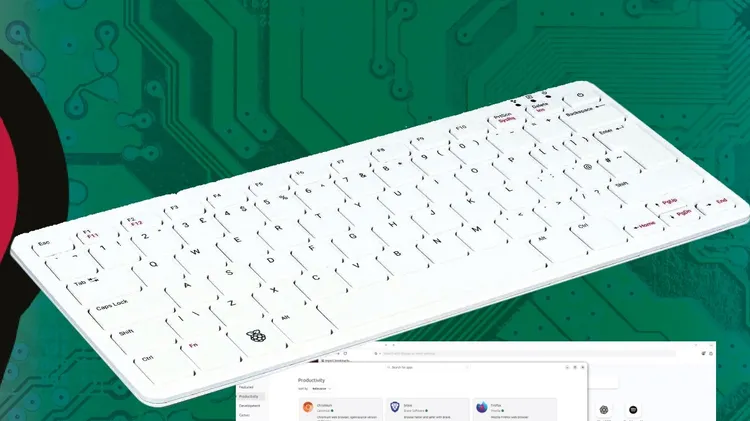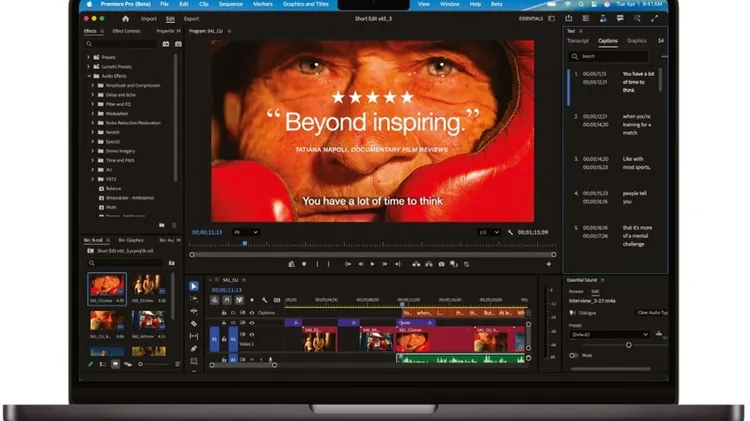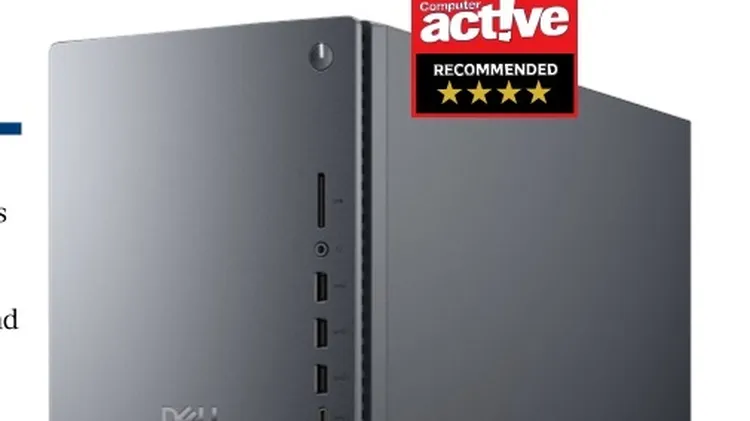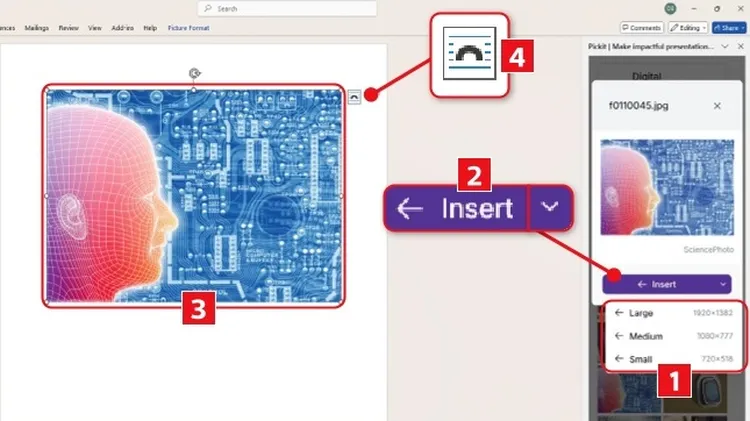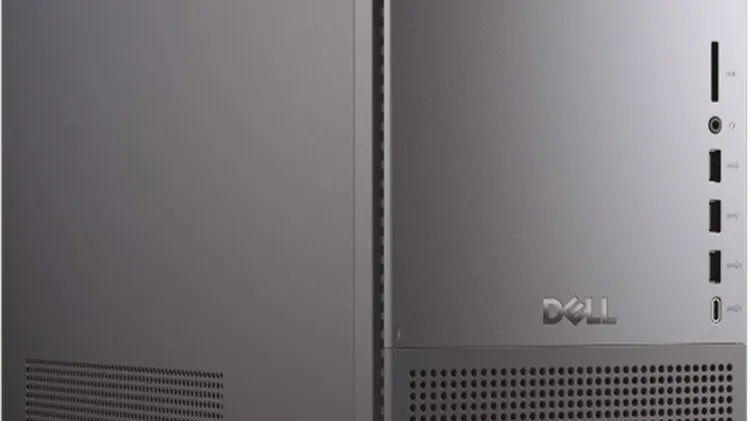The lightweight, Britishmade Pi is perfect for ev
Raspberry pi 5 your next desktop pc for £59
10 min read
This article is from...
Read this article and 8000+ more magazines and newspapers on Readly


